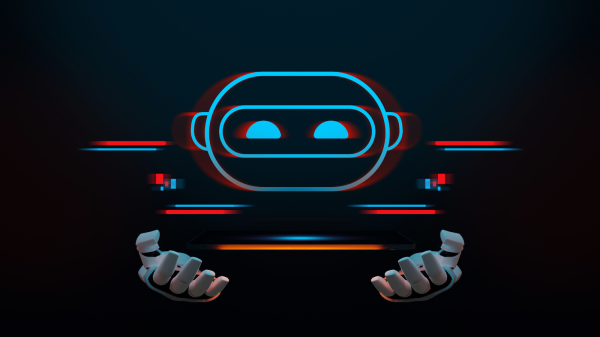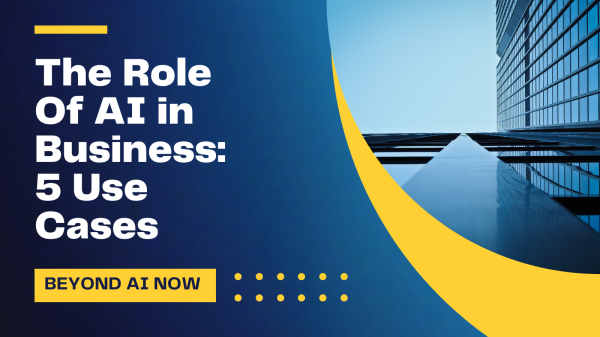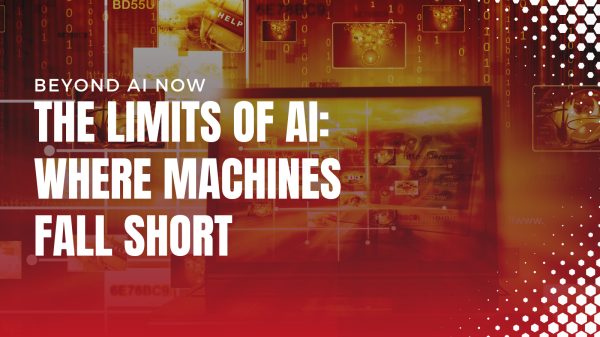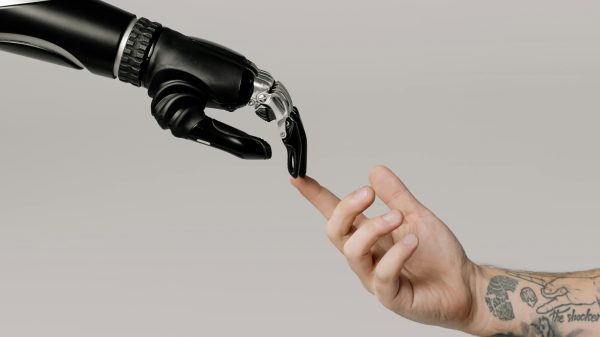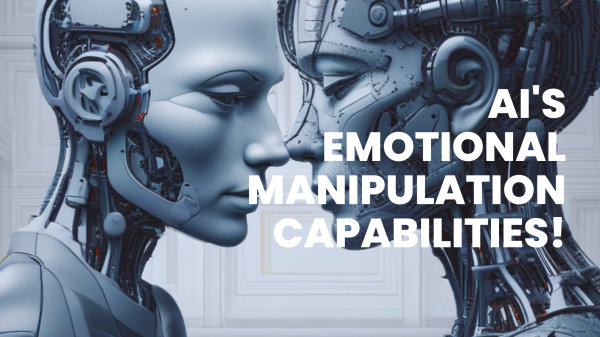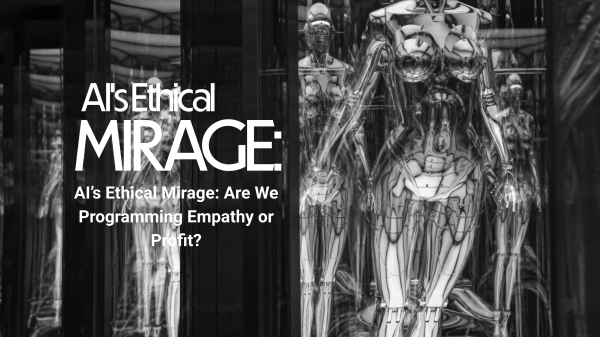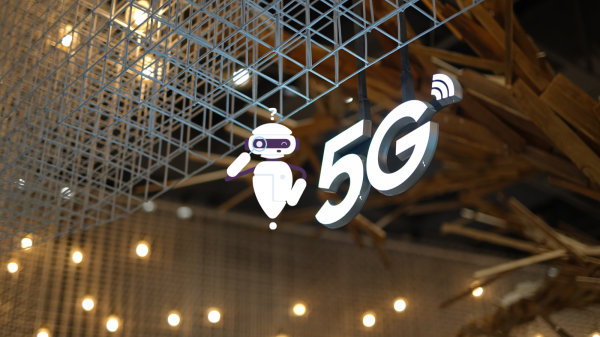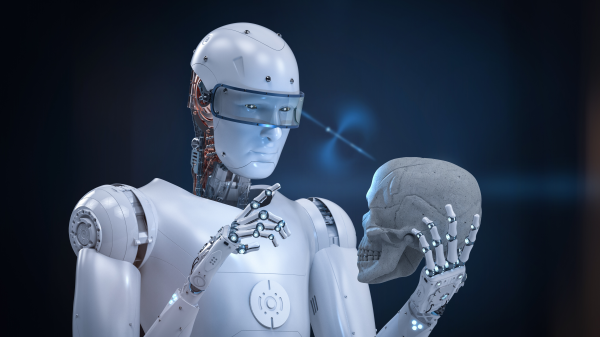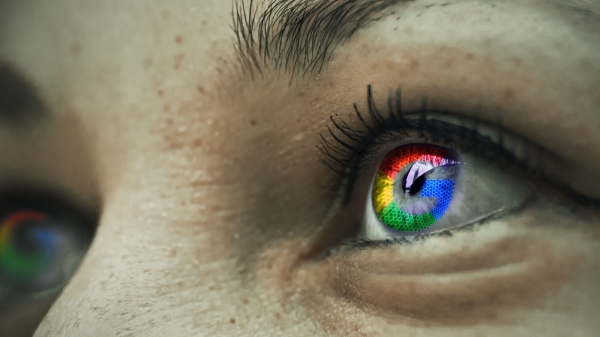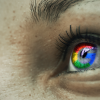Deepfake technology is a technique that uses artificial intelligence (AI) to create realistic videos, audio recordings, or images that depict people saying or doing things they never did. This technology uses machine learning algorithms to create realistic representations of people, making it difficult to distinguish between what is real and what is fake.
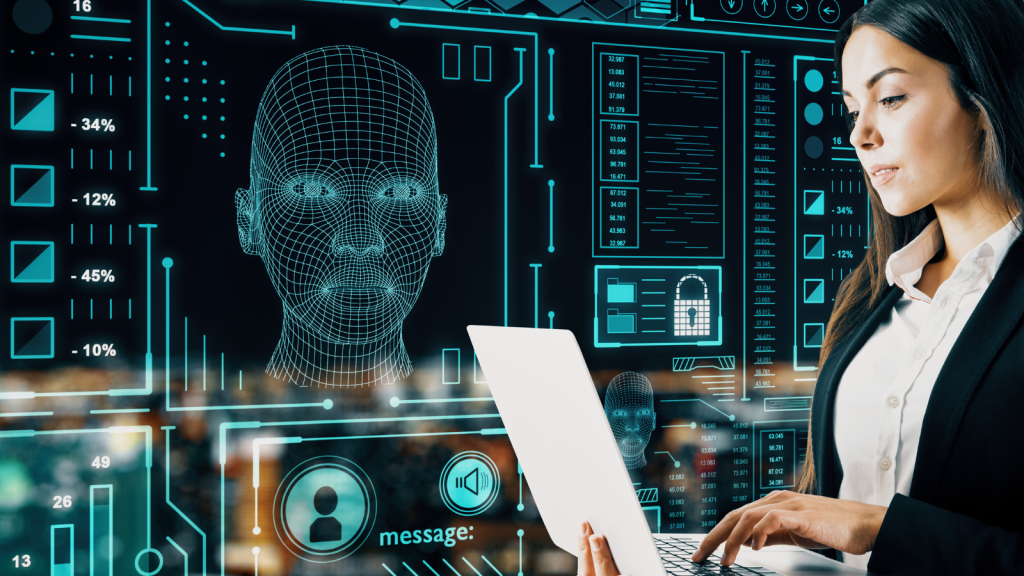
- Importance of discussing the implications of deepfake technology
Deepfake technology has the potential to change the way we perceive and interact with information, and as such, it is important to discuss the implications it could have on society and democracy. The technology is already being used for entertainment, but it also has the potential to be used for malicious purposes such as political propaganda, cyberbullying, and fraud. It is vital to consider the ethical, legal, and societal implications of deepfake technology before it is too late.
This blog post will explore the implications of deepfake technology on society and democracy. It will examine the positive uses of deepfake technology, the negative impacts of deepfake technology on society and democracy, the ethics of deepfake technology, and the role of technology companies and policymakers in regulating deepfake technology. Ultimately, this post will argue that while deepfake technology has the potential for positive uses, its potential negative impacts require careful consideration.
II. The Positive Uses of Deepfake
- Advantages of deepfake technology in entertainment industry
Deepfake technology has been used in the entertainment industry to create realistic depictions of deceased actors or to bring to life characters from books or movies. For instance, the film Rogue One used deepfake technology to recreate the character of Princess Leia, who was played by the late Carrie Fisher. Deepfake technology has also been used to create realistic music videos, comedic skits, and even realistic voiceovers for video games.
- Potential uses of deepfake technology in education and healthcare
Deepfake technology has the potential to be used in education and healthcare. For instance, it could be used to create realistic simulations of medical procedures, providing medical students with realistic training opportunities. It could also be used to create simulations of historical events or natural disasters, providing students with immersive learning experiences.
- Examples of positive uses of deepfake technology
One example of a positive use of deepfake technology is the AI-generated public service announcement that featured actor and comedian Jordan Peele. In this video, Peele appears to be speaking as former President Barack Obama, warning viewers about the dangers of deepfake videos. The video aims to raise awareness about the existence of deepfake technology and the potential dangers it poses.
Another positive use of deepfake technology is in the preservation of cultural heritage. The Mona Lisa Foundation used deepfake technology to create a video of the Mona Lisa speaking. The video aimed to provide a better understanding of the painting and its historical context, as well as to promote interest in art history.
Overall, while deepfake technology has the potential to be used for negative purposes, it also has the potential for positive uses in the entertainment industry, education, healthcare, and cultural preservation. It is important to recognize the positive potential of this technology, while also addressing the potential risks it poses.
III. The Negative Impacts of Deepfake Technology on Society
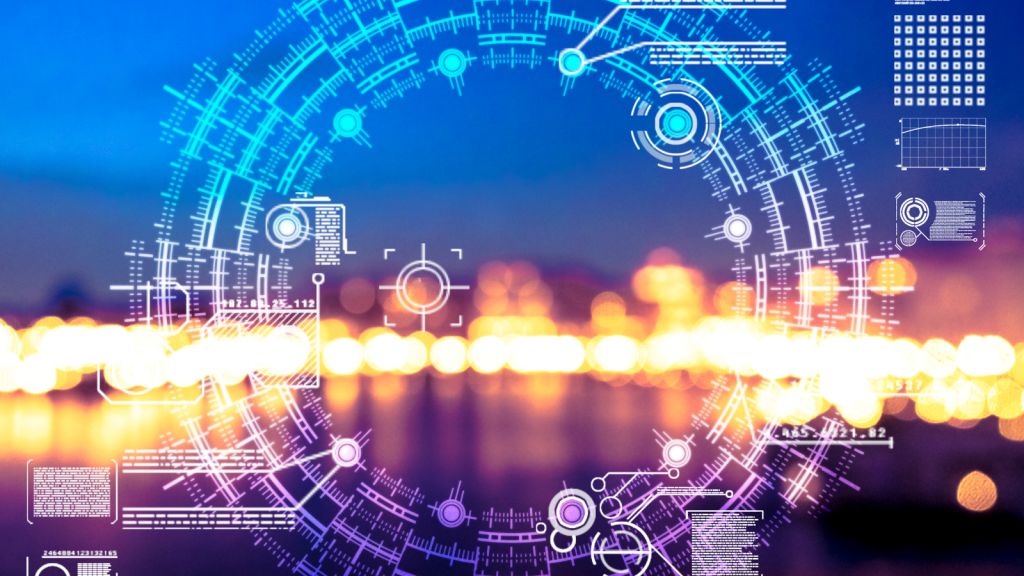
- Manipulation of public opinion
One of the most concerning negative impacts of deepfake technology is the potential for manipulation of public opinion. Deepfake videos can be used to create false information that looks and sounds real, making it difficult for viewers to discern what is real and what is fake. This has the potential to cause confusion, sow discord, and even influence elections or political decisions.
- Cybersecurity threats
Another negative impact of deepfake technology is the potential for cybersecurity threats. As deepfake technology becomes more advanced, it may become more difficult to determine what is real and what is fake. This could lead to a proliferation of phishing attacks, ransomware, and other cyber threats that exploit people’s trust in what they see and hear.
- The impact of deepfake technology on privacy
Deepfake technology also has the potential to violate people’s privacy. For instance, someone could use deepfake technology to create a video of a person saying or doing something they never did, which could be damaging to their reputation. This could lead to serious legal and ethical implications, especially if the deepfake video goes viral and spreads misinformation.
Overall, the negative impacts of deepfake technology on society cannot be ignored. It is important for policymakers, technology companies, and individuals to understand the potential risks and take measures to mitigate them. Without proper regulation and awareness, deepfake technology could become a serious threat to society and democracy.
IV. The Negative Impacts of Deepfake Technology on Democracy
- Threat to electoral integrity
One of the most significant negative impacts of deepfake technology on democracy is the threat it poses to electoral integrity. Deepfake videos can be used to create false information that looks and sounds real, making it difficult for viewers to discern what is real and what is fake. This has the potential to cause confusion and even influence elections, which undermines the democratic process.
- Political propaganda and disinformation
Another negative impact of deepfake technology on democracy is the potential for political propaganda and disinformation. Deepfake videos can be used to create false information that looks and sounds real, which can be used to influence public opinion and discredit political opponents. This can lead to a proliferation of propaganda and disinformation, which can have a serious impact on political discourse and decision-making.
- Consequences of deepfake videos for political discourse
Deepfake videos can have serious consequences for political discourse. They can be used to discredit political opponents, spread false information, and manipulate public opinion. This can lead to a breakdown in trust between citizens and political leaders, which undermines the democratic process. Additionally, deepfake videos can lead to a proliferation of conspiracy theories and other forms of misinformation, which can be damaging to democracy and social cohesion.
Overall, the negative impacts of deepfake technology on democracy are significant. It is important for policymakers, technology companies, and individuals to understand the potential risks and take measures to mitigate them. Without proper regulation and awareness, deepfake technology could become a serious threat to democracy and the democratic process.
V. The Ethics of Deepfake Technology
- The role of technology companies and policymakers in regulating deepfake technology
As with any technology, it is important for both technology companies and policymakers to play a role in regulating deepfake technology. Technology companies can take steps to prevent the spread of deepfake videos on their platforms, while policymakers can pass legislation to regulate the use of deepfake technology. This includes regulations around the creation and dissemination of deepfake videos, as well as the use of deepfake technology in political campaigns and other sensitive areas.
- The need for ethical guidelines to govern deepfake technology
There is a clear need for ethical guidelines to govern the use of deepfake technology. These guidelines should address issues such as privacy, cybersecurity, and electoral integrity. They should also take into account the potential impact of deepfake technology on society and democracy. Ethical guidelines can help to ensure that deepfake technology is used in a responsible and ethical manner, and that it does not cause harm to individuals or society as a whole.
- Balancing innovation with societal values
As with any technology, there is a need to balance innovation with societal values. While deepfake technology has the potential to be a powerful tool for entertainment, education, and healthcare, it also has the potential to cause harm. It is important for both technology companies and policymakers to prioritize societal values when developing and regulating deepfake technology. This means taking into account issues such as privacy, cybersecurity, and electoral integrity, as well as the potential impact of deepfake technology on society and democracy.
Overall, the ethics of deepfake technology are complex and multifaceted. It is important for both technology companies and policymakers to take a responsible and ethical approach to the development and regulation of deepfake technology. This includes prioritizing societal values, developing ethical guidelines, and working to prevent harm to individuals and society as a whole.
VI. Conclusion
- Recap of the main points
In this article, we have discussed the implications of deepfake technology on society and democracy. We have looked at the positive uses of deepfake technology in entertainment, education, and healthcare, as well as the negative impacts of deepfake technology on society, including manipulation of public opinion, cybersecurity threats, and impacts on privacy. We have also examined the negative impacts of deepfake technology on democracy, including threats to electoral integrity, political propaganda, and disinformation. Finally, we have discussed the ethics of deepfake technology and the need for ethical guidelines to govern its use.
- Implications of deepfake technology on society and democracy
The implications of deepfake technology on society and democracy are significant. Deepfake technology has the potential to be a powerful tool for entertainment, education, and healthcare, but it also has the potential to cause harm. It can be used to manipulate public opinion, spread false information, and undermine the democratic process. Without proper regulation and awareness, deepfake technology could become a serious threat to democracy and the democratic process.
- Final thoughts on the future of deepfake technology and its impact on our society and democracy.
As deepfake technology continues to evolve, it is important for individuals, technology companies, and policymakers to remain vigilant and proactive in addressing the potential risks and ethical implications of its use. This includes developing ethical guidelines, regulating the use of deepfake technology, and educating the public about the risks and benefits of deepfake technology. With the right approach, deepfake technology has the potential to be a powerful tool for positive change in society, while avoiding the potential harm it can cause to individuals and our democracy.

